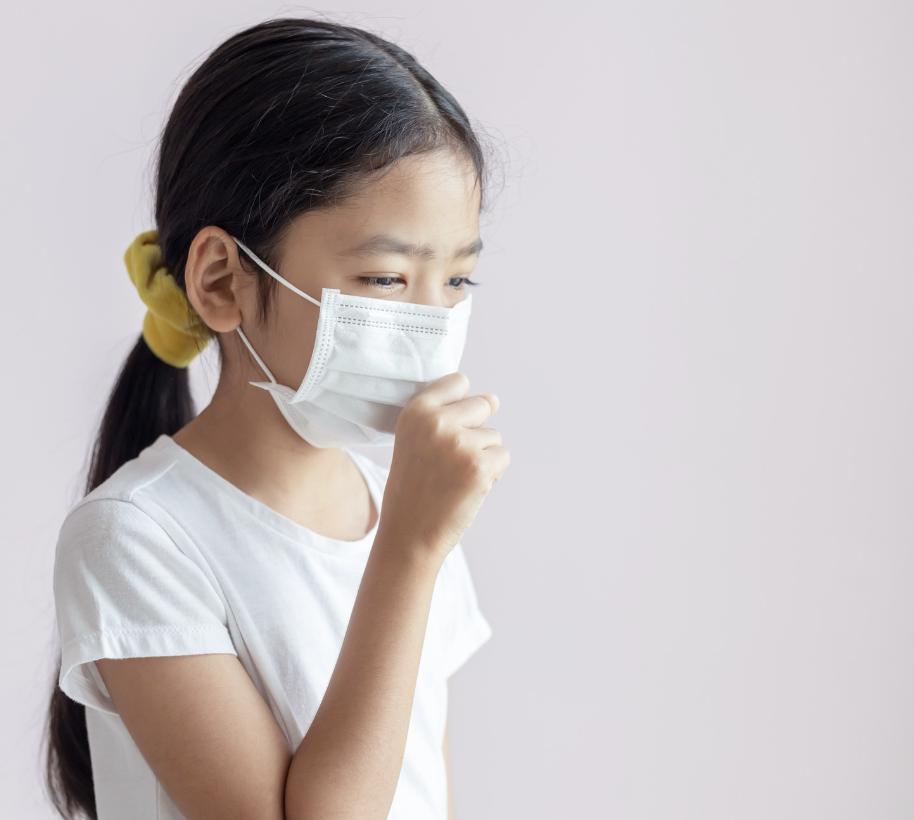Pollution can have a significant impact on child development. Children are particularly vulnerable to the harmful effects of pollution because their bodies are still developing. They breathe more air, drink more water, and eat more food per unit of body weight than adults. This article will discuss how pollution can affect child development and tips to combat it.
Ways Pollution effect child’s Development
Respiratory problems
Air pollution can cause respiratory problems such as asthma, bronchitis, and pneumonia. Children with respiratory problems may have difficulty breathing, affecting their ability to participate in physical activities and may lead to a decreased quality of life.
Cognitive Development
Exposure to lead, which is found in some paints, soil, and water pipes, can cause mental and behavioral problems in children. Lead exposure has been linked to lower IQ scores, attention deficits, and learning disabilities.
Neurological problems
Exposure to air pollution and other toxins can also cause neurological problems in children. Studies have linked exposure to pollutants such as polychlorinated biphenyls (PCBs) and pesticides to developmental delays, decreased IQ scores, and behavioral issues.
Growth and Development
During critical periods of growth and Development, exposure to certain pollutants, such as dioxins and polycyclic aromatic hydrocarbons (PAHs), can affect children’s physical growth and Development.
Five Ways to combat pollution’s Impact on Child Development
Reduce exposure to air pollution
Parents can reduce children’s exposure to air pollution by avoiding areas with high traffic levels, using air purifiers in their homes, and encouraging children to spend time in green spaces such as parks and forests.
Ensure access to clean water
Parents should ensure children have access to clean drinking water. This can be achieved by using water filters or purchasing bottled water.
Avoid exposure to harmful chemicals
Parents can take steps to reduce children’s exposure to toxic chemicals by avoiding products that contain pesticides, lead, and other toxins. This includes choosing organic foods, using natural cleaning products, and avoiding products made with PVC and other toxic materials.
Provide a healthy and nutritious diet
A healthy and nutritious diet can help children’s bodies fight the harmful effects of pollution. Parents should aim to provide children with a balanced diet that includes plenty of fruits, vegetables, whole grains, and lean proteins.
Advocate for policy changes
Parents can also advocate for policies that will help reduce pollution and protect children’s health. This may include supporting measures such as stricter vehicle emissions standards, more investment in renewable energy sources, and stronger regulations on chemicals and pollutants.
Educate your child about pollution
Teach your child about the importance of clean air and the adverse effects of pollution on the environment and human health. Please encourage them to take actions that can help reduce pollution, such as conserving energy and recycling.
Take away home
Overall, pollution can have a significant impact on the health and Development of children. Therefore, parents and caregivers need to take steps to reduce children’s exposure to pollutants, such as avoiding areas with high levels of air pollution, using water filters, and providing a healthy and nutritious diet.

